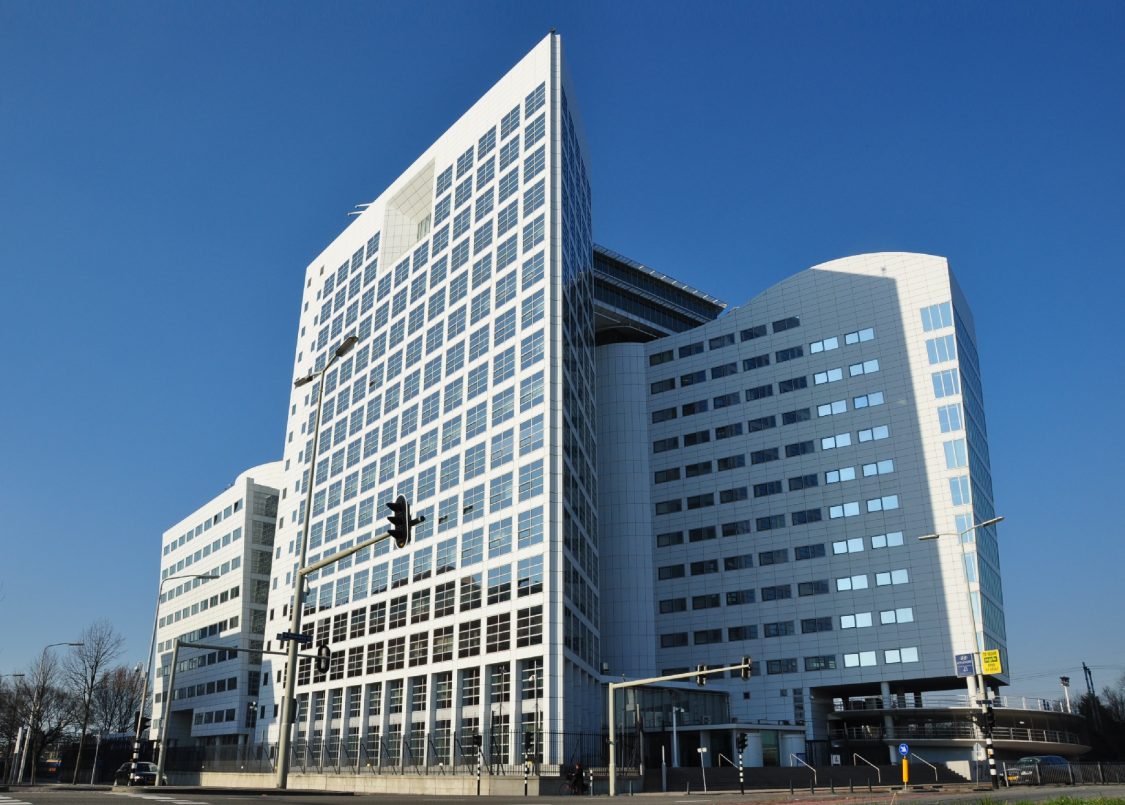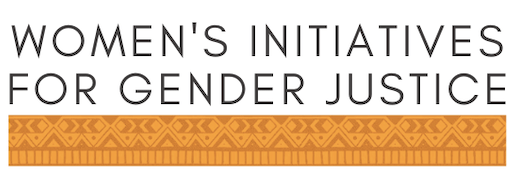
News and updates on the developments in the DRC case
On 6 March 2007, the Presidency of the ICC constituted Trial Chamber I in the Lubanga case as follows: Judge Elizabeth Odio Benito, Judge René Blattmann and Judge Adrian Fulford. The Presidency also decided to suspend the transmission of the record of proceedings of Pre-Trial Chamber I to Trial Chamber I until new Defence Counsel is assigned to Mr. Lubanga and it is determined that he or she has had adequate time to familiarise him or herself with the case.
In March 2007, the ICC Registry announced that the accused Thomas Lubanga is in the process of seeking new Counsel as his current Lead Counsel, Jean Flamme, announced his withdrawal from the case due to health reasons. This will most likely delay the commencement of the first trial.
On 5 February 2007, the Prosecution appealed against the Decision Confirming the Charges. The Pre-Trial Chamber’s finding that the armed conflict was of an international character from July 2002 to 2 June 2003 was, in the view of the Prosecution, essentially a substitution of the crime charged by the Prosecution (Article 8(2)(e)(vii) – crimes committed in non-international armed conflict) with a different crime (Article 8(2)(b)(xxvii) – crimes committed in international armed conflict). According to the Prosecution, the Chamber ought to have adjourned the proceedings and requested the Prosecution to consider amending a charge if the Chamber was of the view that the evidence submitted appeared to establish a different crime (Article 61(7)(c)(ii)).
In addition, on 13 February 2007, the Prosecution, in response to the Defence’s Appeal, argued that Article 82(1)(b) is not a proper ground to appeal the Decision Confirming the Charges. According to the Prosecution, in the absence of any express provision in the Statute or Rules regulating appeals against a Decision Confirming the Charges, the Decision can only be appealed if leave is granted under Article 82(1)(d).
On 2 February 2007, the Legal Representatives filed a joint application to the Appeals Chamber requesting the Chamber to authorise Victims a/0001/06 to a/0003/06 and a/0105/06 to file a response to the submission of the Defence and to authorise the Legal Representatives to participate in the appeal proceedings, in particular, by submitting written observations on any issue raised by the Prosecution or the Defence that affects their interests.
On 30 January 2007, and 7 February 2007, the Defence filed an appeal on the Confirmation of Charges Decision and argued that a party may appeal as of right ‘a decision granting or denying release of the person investigated or prosecuted’ (Article 82(1)(b)). The Defence held that the Decision Confirming the Charges could be appealed under Article 82(1)(b) because the Decision had the effect of denying or granting the release of Mr. Lubanga.
On 29 January 2007, Pre-Trial Chamber I rendered the Confirmation of Charges Decision in which it confirmed the three charges brought by the Prosecutor against Thomas Lubanga Dyilo for the period from September 2002, when the Forces Patriotiques pour la Libration du Congo (FPLC) was founded (the military wing of the UPC), to 13 August 2003, when Thomas Lubanga Dyilo was arrested by the Congolese authorities. In addition, the Pre-Trial Chamber determined that the armed conflict was of an international character from July 2002 to 2 June 2003, since the presence of Uganda as an occupying power in Ituri internationalized the conflict, and that from 2 June until the end of December 2003 it was not of an international character.
On 10 November 2006, the Women’s Initiatives for Gender Justice re-filed its application to Pre-Trial Chamber I of the ICC requesting leave to prepare an amicus brief in relation to the situation in the DRC.
On 26 September 2006, Pre-Trial Chamber I decided that the Women’s Initiatives for Gender Justice Request for the Judges to review the Prosecutor’s exercise of discretion in the selection of charges and to determine whether broader charges could be considered, had no link with the case brought against Thomas Lubanga Dyilo by the Prosecutor.
Instead the Pre-Trial Chamber invited the Women’s Initiatives to re-file its Request to prepare an amicus in relation to the DRC situation rather than the caseagainst the suspect.
In September 2006, women’s rights and human rights activists in DRC issued a declaration on the arrest of Mr Thomas Lubanga.
On 7 September 2006, the Women’s Initiatives for Gender Justice submitted an application to Pre-Trial Chamber I of the ICC requesting leave to prepare an amicus brief in relation to the case against Mr. Lubanga.
On 16 August 2006, the Women’s Initiatives submitted the confidential report and a letter to the Office of the Prosecutor describing our grave concerns that gender-based crimes have not been adequately investigated in the case against Thomas Lubanga and providing information about the commission of these crimes by the UPC.
Redacted letter to the Prosecutor, which for security reasons has been edited to omit identifying information.
Background on the DRC case.
